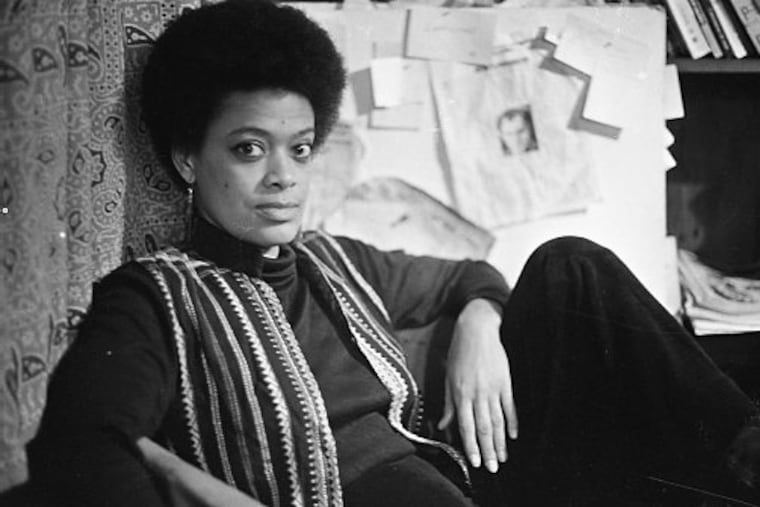Philadelphia today is a vibrant center for artists of color, influenced by pioneers such as Toni Cade Bambara.
In the fall of 1986, prominent writer, educator, and activist Toni Cade Bambara relocated from Atlanta to Philadelphia. This marked a pivotal chapter in her life, coinciding with her reading at My Solitude, a local bookstore on Germantown Avenue. Among the attendees was filmmaker Louis Massiah, who had recently established the Scribe Video Center. Massiah was drawn to Bambara’s dedication to activism and community engagement, which resonated deeply with his vision for cultural expression through film.
Bambara had previously made significant contributions to literary discourse. In 1970, she edited and published The Black Woman, an influential anthology that introduced readers to essential voices such as Alice Walker and Audre Lorde. This work helped reshape the narrative around Black women in literature, bringing attention to their unique experiences and perspectives.
During her reading, Bambara engaged Massiah in a conversation about her aspirations in filmmaking. Encouraged by his suggestion, she enrolled in a workshop at Scribe Video Center, ultimately becoming the only participant in the class. Despite the unusual circumstances, Bambara’s enthusiasm and commitment led to a decade-long collaboration and friendship between the two creators.
Over the years, Bambara significantly impacted the Philadelphia arts community through her initiatives at Scribe. She taught writing classes and collaborated with Massiah on the documentary The Bombing of Osage Avenue, addressing the tragic events of the 1985 MOVE bombing. Together, they also established the Community Visions initiative, connecting filmmakers with community organizations to address pressing issues such as housing and domestic violence.
Bambara’s influence extends beyond her immediate projects. In 1996, she participated in the Massiah-directed documentary W.E.B. Du Bois: A Biography in Four Voices, further solidifying her status as a critical figure in African American cultural narratives. Massiah reflects on Bambara’s legacy, highlighting her vision of making art accessible to communities and her profound understanding of audience engagement.
A new documentary, TCB — The Toni Cade Bambara School of Organizing, directed by Massiah and codirected by Monica Henriquez, memorializes her life and work. Structured like an academic syllabus, the film features archival footage alongside interviews from notable figures such as Toni Morrison and Sonia Sánchez. It captures Bambara’s unique approach to teaching and community interaction, blending academic rigor with warmth and accessibility.
Bambara’s commitment to social activism is evident in her body of work, reminding viewers of the delicate balance between personal well-being and community responsibility. Her legacy is particularly relevant today as independent filmmakers of color increasingly find support within Philadelphia’s cultural landscape through initiatives like the BlackStar Film Festival, Scribe, and other foundations.
Although Bambara passed away in 1995, her vision for community engagement and social justice remains a guiding force for contemporary artists. The documentary TCB — The Toni Cade Bambara School of Organizing will be showcased on Thursday, July 31, at 8 p.m. at the Perelman Theater in Philadelphia, as part of the BlackStar Film Festival. The film will also be available online, demonstrating the lasting impact of Bambara’s work on future generations. For details, tickets, and more information, visit the BlackStar Film Festival website.
Media News Source







